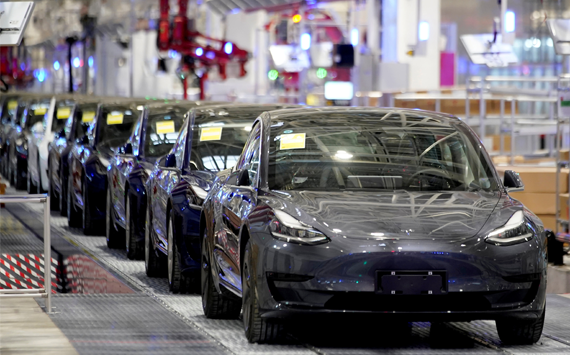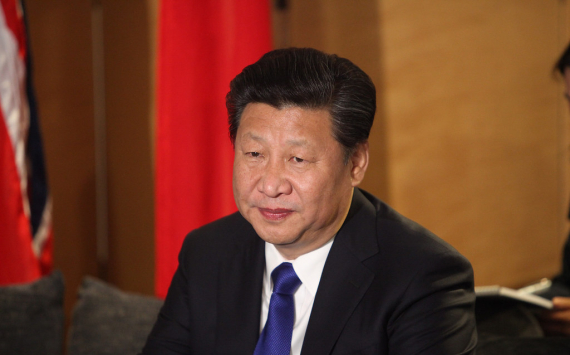
Market expansion in Europe
Nio plans to start shipping its electric cars to Europe in May; its competitor XPeng has already delivered its first 300 electric cars to Norway. Analysts predict that Europe will become the world's second largest electric car market, after China, where competition is heating up.
The electric car market in Europe has shown incredible growth in the crisis year of 2020, while sales of internal combustion engines have plummeted. Sales of electric cars in Europe in the last quarter of 2020 even surpassed sales in China, by far the largest electric car market in the world, according to analyst firms.
While the Chinese market is already highly competitive, many European automakers have just begun the process of switching from combustion engine models to electric vehicles. Chinese carmakers can use this time to take a share of the fast-growing European market.
The EU Commission has announced in its programme that by 2030 there must be at least 30 million zero-emission vehicles and 80,000 clean energy trucks on European roads.
Norway
According to the Norwegian Road Federation, the market share of electric vehicles in Norway will increase to 54% in 2020 from 42% the previous year.
NIO (NIO) will start supplying its electric vehicles to European customers as early as next month, according to the South China Morning Post. And the first European country to deliver NIO will also be Norway.
That said, NIO executives say the company has no immediate plans to set up production facilities in Europe.
Europe
According to the study, total sales of Chinese electric vehicle brands in 18 major European car markets last year were 23,836 units, more than 13 times the number in 2019, with their market share reaching 3.3%, indicating a rapid development phase.
European consumers should benefit, as in addition to expanding the range, prices of electric cars in Europe should get cheaper as manufacturers compete.
Fu Qiang, founder and chairman of Aiways, told the Global Times that he sees potential for Chinese carmakers in the European electric car market, in part because European consumers will not reject products made by the new brand initially just because of low brand awareness.














































